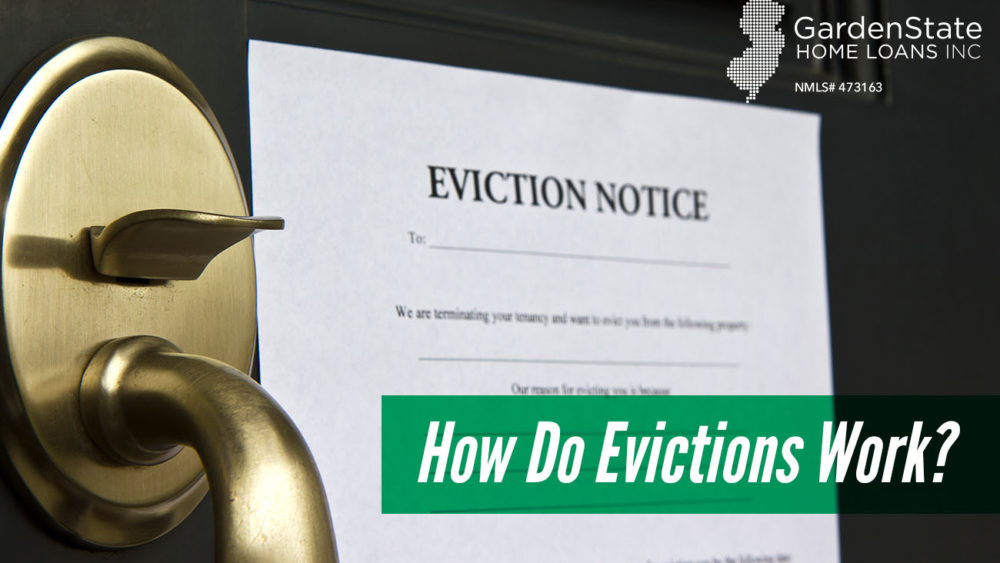Eviction
Eviction is a landlord’s legal removal of a tenant from a rental property. There are many different reasons why a landlord may evict a tenant. They include rent not being paid and breach of the rental agreement.
Notice of termination for cause
There are three types of termination notices that you may receive if you breach your rental agreement. These include:
-
Pay rent or quit notices
Pay rent or quit notices are typically given to a tenant when they have not paid the rent. These notices give the person in question a few, typically three to five, days to pay the rent. If the tenant is unable to pay, they must move out.
-
Cure or quit notices
Cure or quit notices are given to a tenant when they violate a term or condition of the lease or rental agreement. This might be something such as violating a no-pet clause or if there has been excessive noise being made. A cure or quit notice gives the tenant a few days to cure (correct) the violation or they will be evicted.
-
Unconditional quit notices
Unconditional quit notices do not give any opportunity to pay the rent or correct a lease. In these cases, unconditional quit notices are only allowed if a tenant has:
- Repeatedly violated a lease or rental agreement
- Seriously damaged the property
- Repeatedly been late with rent payments
- Participated in serious illegal activity on the property
Notice of termination without cause
Even if you have not violated the rental agreement, a landlord can ask a tenant to move out at any time, given that the tenant doesn’t have a fixed term lease. A landlord can give their tenant a 30-day or 60-day notice to vacate. In this case, the landlord does not need a reason to tend the tenancy. However, many cities with rent control require the landlord to prove a reason for termination. These laws are known as eviction protection.
Eviction lawsuit
Once a tenant receives a termination notice, they must move out of the rental property within the specified time. If the tenant hasn’t moved out before the period is over, the landlord will serve the tenant with a summons and take the tenant to court.
Improper eviction practices
While there are many ways for a landlord to legally evict and tenant, there are also ways for a landlord to illegally evict someone. These include:
-
Self-help eviction
A self-help eviction occurs when a landlord doesn’t go through legal means to remove a tenant from a property. In this case, a landlord tries to coerce, intimidate, or make the tenant’s living conditions worse to attempt to force the tenant out of the property.
-
No proper notice
A landlord must provide the tenant with a notice or quit or pay rent or quit. As mentioned before, this informs the tenant that eviction proceedings will be initiated and the reason for the proceedings.
-
No evidence
No evidence is important during actual eviction proceedings. This occurs when a landlord does not have proper evidence to support the claims for an eviction.


Comments are closed.